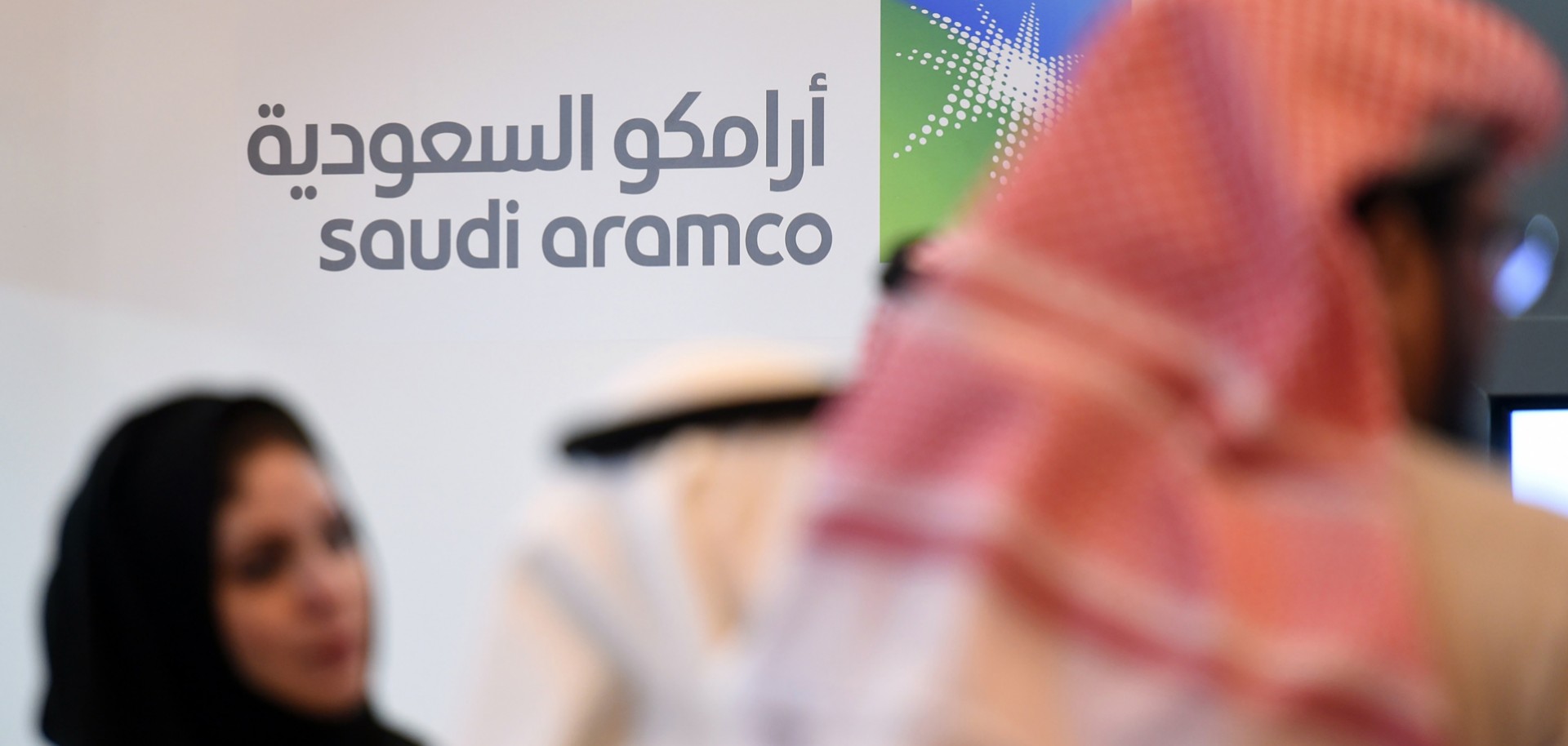ASSESSMENTS
Why Saudi Arabia Is Easing Taxes on Its State Oil Company
Mar 28, 2017 | 13:54 GMT

(FAYEZ NURELDINE/AFP/Getty Images)
Summary
The Saudi government has issued a royal decree overhauling the corporate income tax for oil and natural gas companies that will be retroactively applied to the beginning of the year. Prior to the March 27 order, all oil and natural gas producers in Saudi Arabia were subject to a 20 percent royalty and an 85 percent tax on their net operating incomes, which do not include operating expenses. Now income taxes will be based on the level of total investment a firm has made into the Saudi oil and natural gas sector. Companies that have invested more than 375 billion riyals ($100 billion) — including Saudi Aramco — will have their income taxed at 50 percent. Companies that have invested less will have their incomes taxed at 65, 75 and 85 percent depending on the amount of money they have contributed. Reforming the corporate income tax structure that the kingdom's energy companies are subject to is a critical move for Riyadh as it prepares an initial public offering (IPO) for its state-owned energy giant, Saudi Arabian Oil Co.
Subscribe Now
SubscribeAlready have an account?
